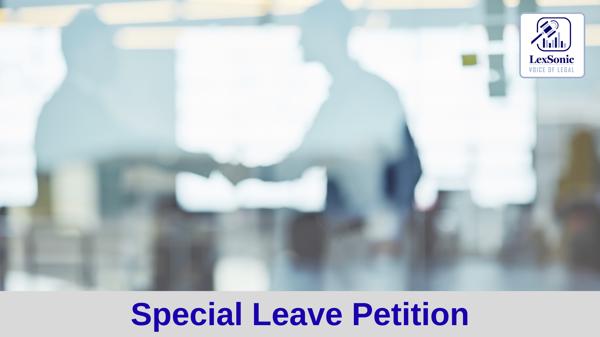The case of Time City Infrastructure and Housing Limited Lucknow Vs The State of UP & Others involves a legal dispute over a land parcel in Barabanki, India. The petitioner (original plaintiff), a company, filed a civil suit and was granted an ex parte (without the other party present) temporary injunction by the Civil Judge (Senior Division) on May 9, 2025. The plaintiff claimed they had purchased the land in 2015, taken possession, and invested heavily in developing it for plotting. The trial court's order directed all parties to maintain the status quo on the title and possession of the land and not to sell it. It also appointed a local commissioner to inspect and map the property.
The respondents (original defendants) challenged this order in the Allahabad High Court, which set aside the trial court's order. The High Court's key findings were that the plaintiff's suit was based on an agreement to sell from 2015, which had a one-year performance period, and no suit for specific performance had been filed within the limitation period. The High Court found the plaintiff's claim of ownership to be baseless and criticized the trial court for granting the injunction without properly considering the three essential conditions: a prima facie case, the balance of convenience, and irreparable hardship. The High Court also noted that the trial court failed to record the reasons for the ex parte injunction as required by Order 39 Rule 3 of the Code of Civil Procedure (CPC) and directed the case to be transferred to a different court for a fresh hearing on the injunction application.
The case then went to the Supreme Court of India via a Special Leave Petition. The Supreme Court's discussion focused on the mandatory nature of the provisions under Order 39 Rule 3, specifically the requirement for a court to record reasons for granting an ex parte injunction and the applicant's obligation to immediately deliver case documents to the opposing party. The Supreme Court emphasized that non-compliance with these mandatory provisions could result in the ex parte order being vacated. However, given that a hearing was scheduled for the next day to hear both sides, the Supreme Court chose not to interfere with the High Court's order. It disposed of the petition, directing the new trial court to hear and decide the injunction application on its own merits without being influenced by the High Court's observations.
Code of Civil Procedure, 1908

